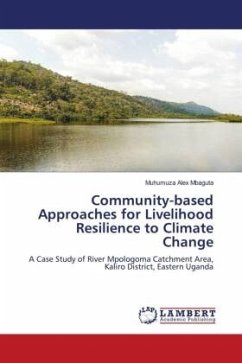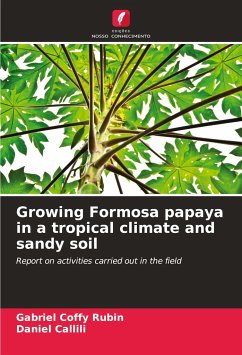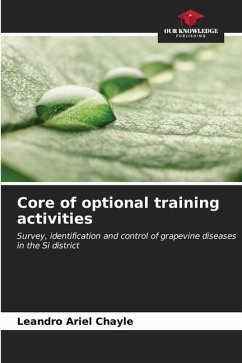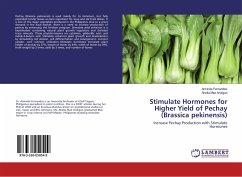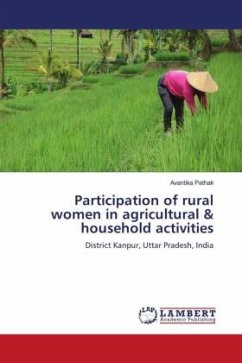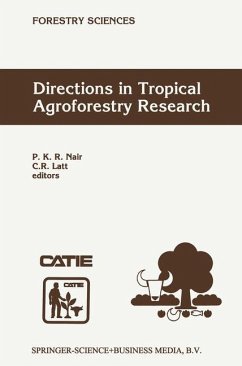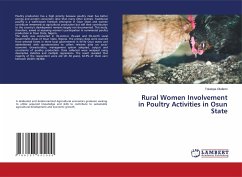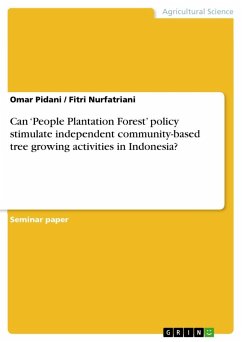
Can 'People Plantation Forest' policy stimulate independent community-based tree growing activities in Indonesia?

PAYBACK Punkte
0 °P sammeln!
Seminar paper from the year 2009 in the subject Forestry / Forestry Economics, grade: D+, The Australian National University (Fenner School of Environment and Society), course: Independent Research Project, language: English, abstract: Forest plantations are important in Indonesia for both conservation and development aspects of forest management. They can provide a sustainable supply of wood resources to meet the increasing demands of wood processing industries, rather than escalating pressure on natural forests reserved for conservation. Income from plantation forests can address the economi...
Seminar paper from the year 2009 in the subject Forestry / Forestry Economics, grade: D+, The Australian National University (Fenner School of Environment and Society), course: Independent Research Project, language: English, abstract: Forest plantations are important in Indonesia for both conservation and development aspects of forest management. They can provide a sustainable supply of wood resources to meet the increasing demands of wood processing industries, rather than escalating pressure on natural forests reserved for conservation. Income from plantation forests can address the economic marginalisation of forest dependent people. Over the last three decades, three strategies have been put into practice to stimulate the development of both large-scale and small-scale plantation forestry in Indonesia: farm forestry, community forestry and community-company partnership. The success, however, has been limited. This paper reviews experience of these strategies in Indonesia, and considers this in the context of criteria and indicators for sustainable plantation development suggested in the literature. It then develops an analytical framework to assess whether a new policy proposed in Indonesia, "the People Plantation Forest" (PPF) policy, is likely to stimulate community-based tree growing activities. Our analysis suggests that out of six elements identified in the framework, local institutional and capacity building, along with production technology and market access improvement are aspects that PPF might cope well and thus likely to encourage independent community-based tree growing activities. Whereas other elements such land and crop tenure security together with complex licensing and marketing bureaucracy are not dealt with thoroughly and consequently might still be major stumbling blocks in that regard. For PPF to stimulate independent community-based tree growing, it requires commitment of government agencies across different jurisdictions to coordinate on the provision of technical, financial and regulatory support to minimise constraints in tree growing. Tenure security issue can be minimised through a more participatory approach for land demarcation and mapping; any initiatives conducted by members of community for such purpose should be accommodated. While complex licensing and marketing bureaucracy might be eased off through the creation of a simpler and more integrated procedure. This commitment of support, though, needs to be maintained in the long run given the nature of tree-growing ventures.




